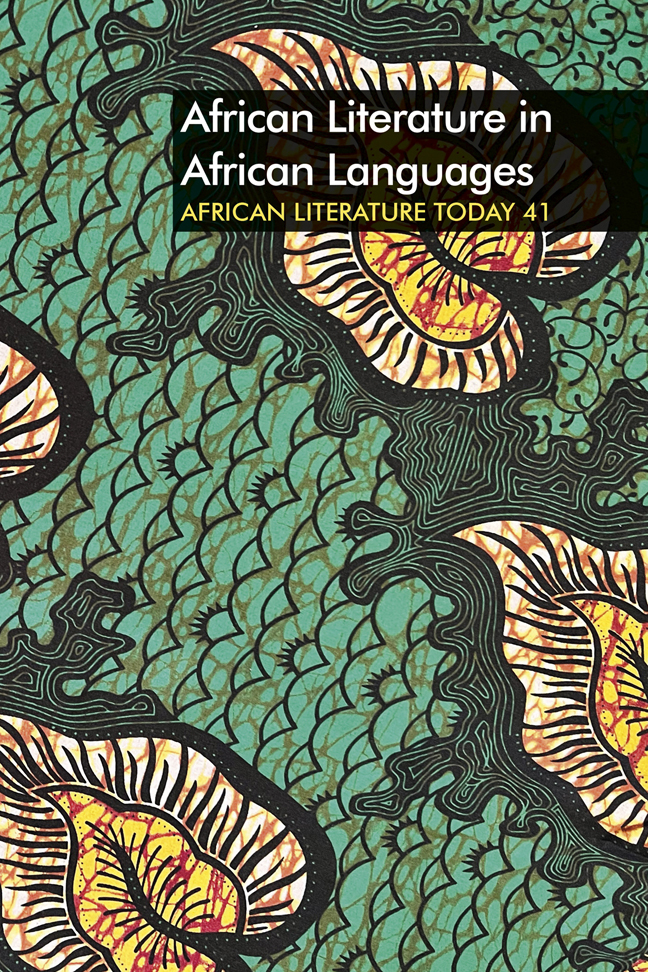Pictures of Materialism in the Benin Ecological Worldview: Eco-Critical Poems of Osemwengie Ero
Published online by Cambridge University Press: 22 February 2024
Summary
African eco-criticism is an offshoot of environmental literature and environmentalism in general, which tends to focus mainly on Western epistemology rooted in the environmental justice movement and postcolonial eco-criticism. The idea of African eco-criticism serves as a call to rethink Western ideology concerning the preservation of the environment. While African eco-criticism is not opposed to the continuance of environmental discourses, nonetheless, it is important to point out that the African view concerning environmental materialism has always recognized the importance and interdependence of the human and beyond-human worlds. The culture, traditions and religious sensibilities of Africans have always maintained a common relationship between humans and the ecological surroundings and how these materialisms in varying degrees expand the physical and spiritual sensibilities of the people. In this light, this article shows the connections between eco-criticism, eco-philosophy and spiritual materialism that are consistent with Africans and the appreciation of nature. This ‘proximity’, to quote the word of Cajetan Iheka (‘Naturalizing Africa’ 2), remains the forte of African eco-criticism within the diverse worlds of ecological ecosystems.
Emmanuel Egya, in looking at the idea of African eco-criticism, considers it as
based on specific natural, cultural and social particularities of the continent – more specifically, those of Sub-Saharan Africa, … [it] recognize(s) the commonalities between the natural and human worlds that have been understood to exist in Africa … it is rather a call to let the continent speak for itself in discourses about the connections between the human and the non-human, and between literature and ecology.
(67)Egya's position on African eco-criticism recognizes the interface between nature, culture and African sensibilities. In fact, in his language, he refers to these intimations as the ‘social particularities of the continent’. Here he draws our attention to the unique environmental characteristics that define Africans, especially ‘those of Sub-Saharan’ extractions who exhibit common eco-critical dispositions. The critic's ideas align with the responses of Africans towards the appreciation of environmental materialisms in the form of trees, leaves, animals, rivers (water), earth (sand), rocks, stones, cowries, the moon, the sun, and their associated relationship with the human and beyond-human world of spirits – who are in themselves considered as material agents within the ecosystem. As John Mbiti puts it, a ‘majority of peoples (Africans) hold that the spirits dwell in the woods, bush, forest, rivers, mountains… and often these are associated with natural phenomena or objects’ (African Religions and Philosophy 80).
- Type
- Chapter
- Information
- African Literature in African Languages , pp. 14 - 25Publisher: Boydell & BrewerPrint publication year: 2023

